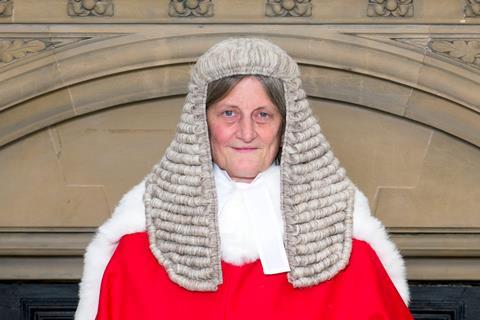A solicitor who felt he was ‘shabbily treated, if not victimised, by the regulatory proceedings brought against him’ has lost his appeal against the Solicitors Disciplinary Tribunal’s decision.
Naim Lone, admitted in 1996, had acted for a client who disputed the fees charged in divorce proceedings. Lone sought a third-party order to recover fees of £134,000. An undisputed sum - £29,000 – was to be paid to Lone’s office account as pre-payment and the balance to be held in Lone’s client account until a further order was made.
Lone’s firm Attiyah Lone & Associates Solicitors was forced to close after being unable to obtain professional indemnity insurance. Lone set up a new firm, AL Law, but did not yet have a client account by the time the money under the court order came through in February 2017.
As a result, the tribunal heard, Lone could not comply with the order. Instead, he put the monies into the client account of another firm, Firm B, which was intervened into by the SRA in May 2018 on the grounds of suspected dishonesty. The intervention led to a second set of allegations against Lone in relation to a different client matter.
The tribunal found most of the allegations against Lone proven but cleared him of allegations of lack of integrity. He was fined £8,000 and ordered to pay costs of £29,359.05.
The High Court judgment acknowledged that no actual loss to clients was found and ‘no harm was done’. Mrs Justice Collins Rice said that ‘perhaps it was not quite fair for the tribunal to attribute that entirely to “luck”’. However she dismissed the ‘root and branch challenge to almost every aspect of the tribunal’s decision’ but said she was left ‘in no doubt of the vehemence with which Mr Lone objects to the whole experience and outcome of his appearance before the tribunal’.

In her judgment, she said she was ‘satisfied’ the tribunal had taken full account of ‘Lone’s predicament, acknowledged on the face of the decision, and understood the problem he faced in complying as directed’.
She added: ‘In a regulated profession, a professional’s own best judgment, however passionately defended, can never be the final word.’
She said: ‘Mr Lone strongly feels himself to have been shabbily treated, if not victimised, by the regulatory proceedings that were brought against him. He feels that in the matters with which he was charged – all of which were raised as a byproduct of the SRA intervention into Firm B – he had acted with integrity and worked hard and imaginatively to get the best results for his clients in difficult situations.
‘He feels that not only did they come to no practical harm as a result of his actions, he helped them with solutions that saved them from worse outcomes.
‘He does not recognise the labels of impropriety and misconduct attached to what he did. He is particularly offended by the assessment of seriousness which landed him with a non-trivial fine. And he is even more offended to have been landed with an ‘eye watering’ costs bill which makes him pay for the very procedure to which he takes such exception.’
Dismissing the appeal, Rice said: 'The tribunal throughout acknowledged Mr Lone’s good faith and good intentions. It acknowledged that in the end no client had lost money. It noted his unblemished record and had no reservations about his future practice. These are all important outcomes for him.
'But it did identify three specific points of professional misjudgement which it assessed relatively (but not ‘very’) seriously because they involved breach of a court order and a degree of inattentiveness to the inherent problems of conflict of interest – both of which go to the fundamentals of the legal profession and to the public’s confidence in it.'






























